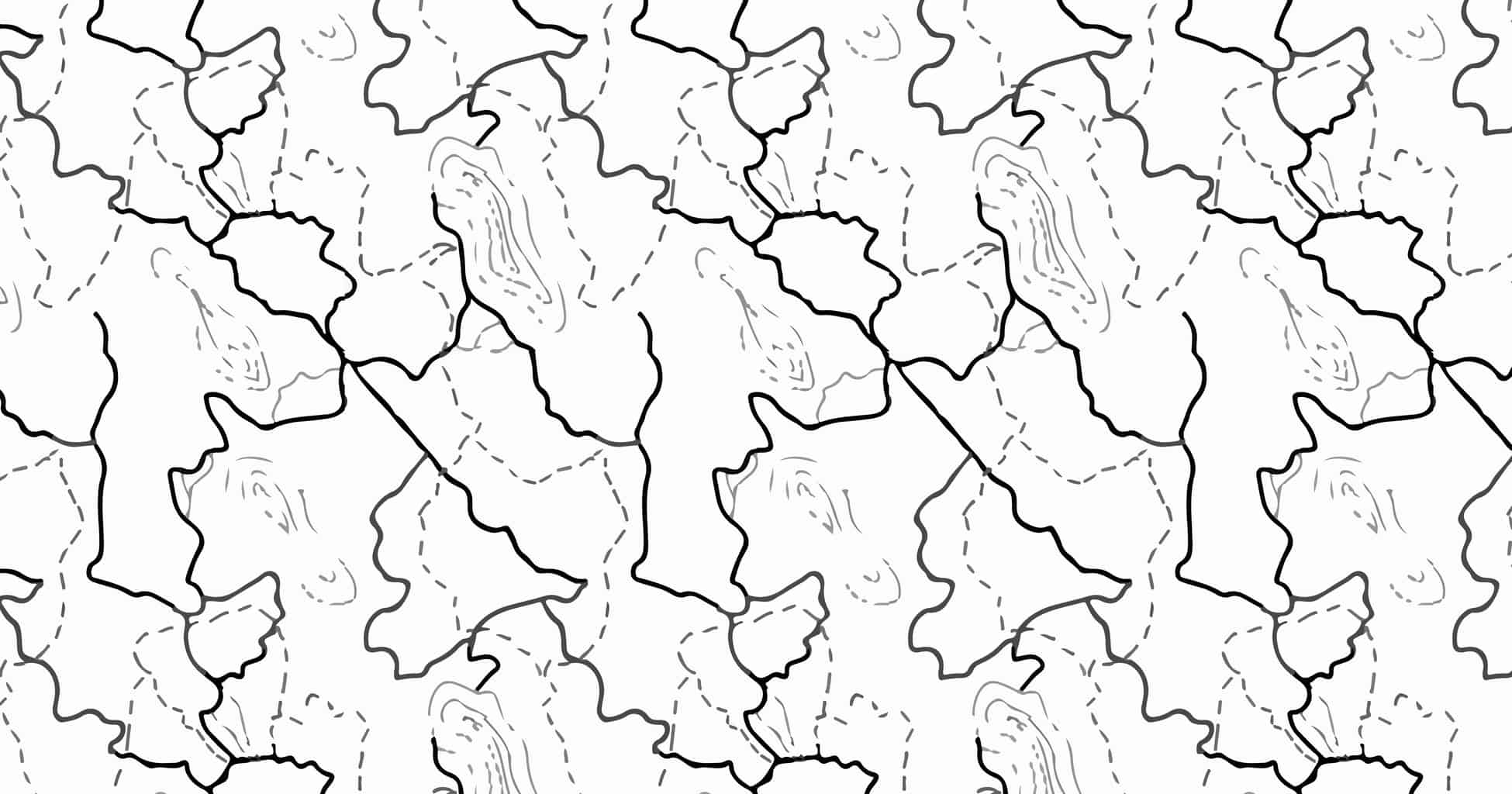Burundi
Burundi
August 2015 marked the 15th anniversary of the Arusha Peace and Reconciliation Agreement, which ended thirteen years of ethnic-based civil war in Burundi between the Tutsi minority and Hutu majority.
Recently, the security situation has deteriorated as the result of disagreement over President Pierre Nkurunziza’s bid for a third term, resulting in violent demonstrations, excessive force against protesters, an attempted coup, and arrests of civil rights leaders. Women have been active in the political unrest, and staged the first major protest against the president’s third term bid. However, violence against women operates in a culture of impunity, with women experiencing rape, torture, and enslavement.
Based on the work of NGOWG members and their partners, the NGOWG advocates for full implementation of the government gender quota of 30%, and equal and meaningful women’s participation in designing and implementing human rights protection mechanisms.
Current and Past Recommendations to the UN Security Council (Monthly Action Points)
The situation in Burundi continues to be unstable with high levels of insecurity for civilians, civil society activists and displaced persons in the midst of daily reports of violence and arrests by both police forces and armed groups. As Burundian refugees continue to cross international borders, especially into Tanzania and Rwanda, the influx of more than 200,000 refugees has caused regional tensions and spurs concerns about deteriorating conditions in refugee camps and potential recruiting grounds for armed groups. Currently, Security Council discussion lacks consideration of the gender dimensions of the situation, as demonstrated in the recently adopted presidential statement (S/PRST/2015/18), as well as SCR 2248 (2015). The Council must ensure that gender is a cross-cutting issue throughout its response to the unfolding security and humanitarian situation in Burundi, by taking into account the analysis and information on the distinct impact of the crisis on women, men, girls and boys. Further, in its discussion of the situation, and in any future action, the Security Council should:
- Urge all international and regional actors, per OP 1 of SCR 2242 (2015) to support the safe and active participation of all members of civil society, including women, in continuous monitoring of the security situation, particularly in refugee camps, as well as in donor and stakeholder meetings at the international, regional and national level;
- Call for more information on the gendered dimensions of the human rights and security situation through systematic reporting and briefings by the UN Office of the High Commissioner for Human Rights and UN-Women; and
- Call for the engagement of women’s civil society organizations in any humanitarian intervention, violence prevention, and early warning strategy, particularly considering the tensions in border regions and refugee camps, as well as in the ongoing political dialogue, including a new UN-supported mediation with an envoy.
The situation in Burundi continues to be unstable with high levels of insecurity for civilians, civil society activists and displaced persons in the midst of daily reports of violence and arrests by both police forces and armed groups. As Burundian refugees continue to cross international borders, especially into Tanzania and Rwanda, the influx of more than 200,000 refugees has caused regional tensions and spurs concerns about deteriorating conditions in refugee camps and potential recruiting grounds for armed groups. Currently, Security Council discussion lacks consideration of the gender dimensions of the situation, as demonstrated in the recently adopted presidential statement (S/PRST/2015/18), as well as SCR 2248 (2015). The Council must ensure that gender is a cross-cutting issue throughout its response to the unfolding security and humanitarian situation in Burundi, by taking into account the analysis and information on the distinct impact of the crisis on women, men, girls and boys. Further, in its discussion of the situation, and in any future action, the Security Council should:
- Urge all international and regional actors, per OP 1 of SCR 2242 (2015) to support the safe and active participation of all members of civil society, including women, in continuous monitoring of the security situation, particularly in refugee camps, as well as in donor and stakeholder meetings at the international, regional and national level;
- Call for more information on the gendered dimensions of the human rights and security situation through systematic reporting and briefings by the UN Office of the High Commissioner for Human Rights and UN-Women; and
- Call for the engagement of women’s civil society organizations in any humanitarian intervention, violence prevention, and early warning strategy, particularly considering the tensions in border regions and refugee camps, as well as in the ongoing political dialogue, including a new UN-supported mediation with an envoy.
Relevant Resources





